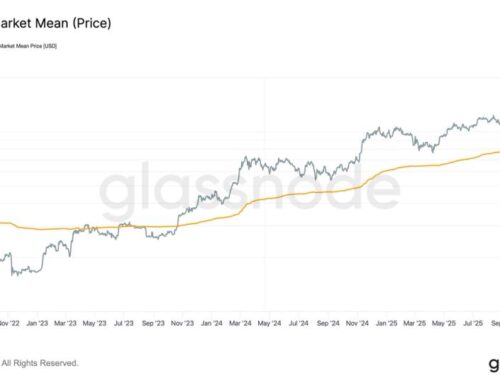Investing in Reckon (ASX:RKN) three years ago would have delivered you a 6.7% gain
April 6, 2025
As an investor its worth striving to ensure your overall portfolio beats the market average. But its virtually certain that sometimes you will buy stocks that fall short of the market average returns. Unfortunately, that’s been the case for longer term Reckon Limited (ASX:RKN) shareholders, since the share price is down 47% in the last three years, falling well short of the market decline of around 11%. Shareholders have had an even rougher run lately, with the share price down 21% in the last 90 days. This could be related to the recent financial results – you can catch up on the most recent data by reading our company report.
Now let’s have a look at the company’s fundamentals, and see if the long term shareholder return has matched the performance of the underlying business.
To paraphrase Benjamin Graham: Over the short term the market is a voting machine, but over the long term it’s a weighing machine. By comparing earnings per share (EPS) and share price changes over time, we can get a feel for how investor attitudes to a company have morphed over time.
During the three years that the share price fell, Reckon’s earnings per share (EPS) dropped by 11% each year. The share price decline of 19% is actually steeper than the EPS slippage. So it seems the market was too confident about the business, in the past.
You can see below how EPS has changed over time (discover the exact values by clicking on the image).
This free interactive report on Reckon’s earnings, revenue and cash flow is a great place to start, if you want to investigate the stock further.
When looking at investment returns, it is important to consider the difference between total shareholder return (TSR) and share price return. The TSR incorporates the value of any spin-offs or discounted capital raisings, along with any dividends, based on the assumption that the dividends are reinvested. It’s fair to say that the TSR gives a more complete picture for stocks that pay a dividend. We note that for Reckon the TSR over the last 3 years was 6.7%, which is better than the share price return mentioned above. The dividends paid by the company have thusly boosted the total shareholder return.
Reckon shareholders are down 10% for the year (even including dividends), but the market itself is up 0.6%. However, keep in mind that even the best stocks will sometimes underperform the market over a twelve month period. On the bright side, long term shareholders have made money, with a gain of 14% per year over half a decade. If the fundamental data continues to indicate long term sustainable growth, the current sell-off could be an opportunity worth considering. While it is well worth considering the different impacts that market conditions can have on the share price, there are other factors that are even more important. Take risks, for example – Reckon has 3 warning signs we think you should be aware of.
For those who like to find winning investments this free list of undervalued companies with recent insider purchasing, could be just the ticket.
Please note, the market returns quoted in this article reflect the market weighted average returns of stocks that currently trade on Australian exchanges.
Have feedback on this article? Concerned about the content? Get in touch with us directly. Alternatively, email editorial-team (at) simplywallst.com.
This article by Simply Wall St is general in nature. We provide commentary based on historical data and analyst forecasts only using an unbiased methodology and our articles are not intended to be financial advice. It does not constitute a recommendation to buy or sell any stock, and does not take account of your objectives, or your financial situation. We aim to bring you long-term focused analysis driven by fundamental data. Note that our analysis may not factor in the latest price-sensitive company announcements or qualitative material. Simply Wall St has no position in any stocks mentioned.
Terms and Privacy Policy
Search
RECENT PRESS RELEASES
Related Post




